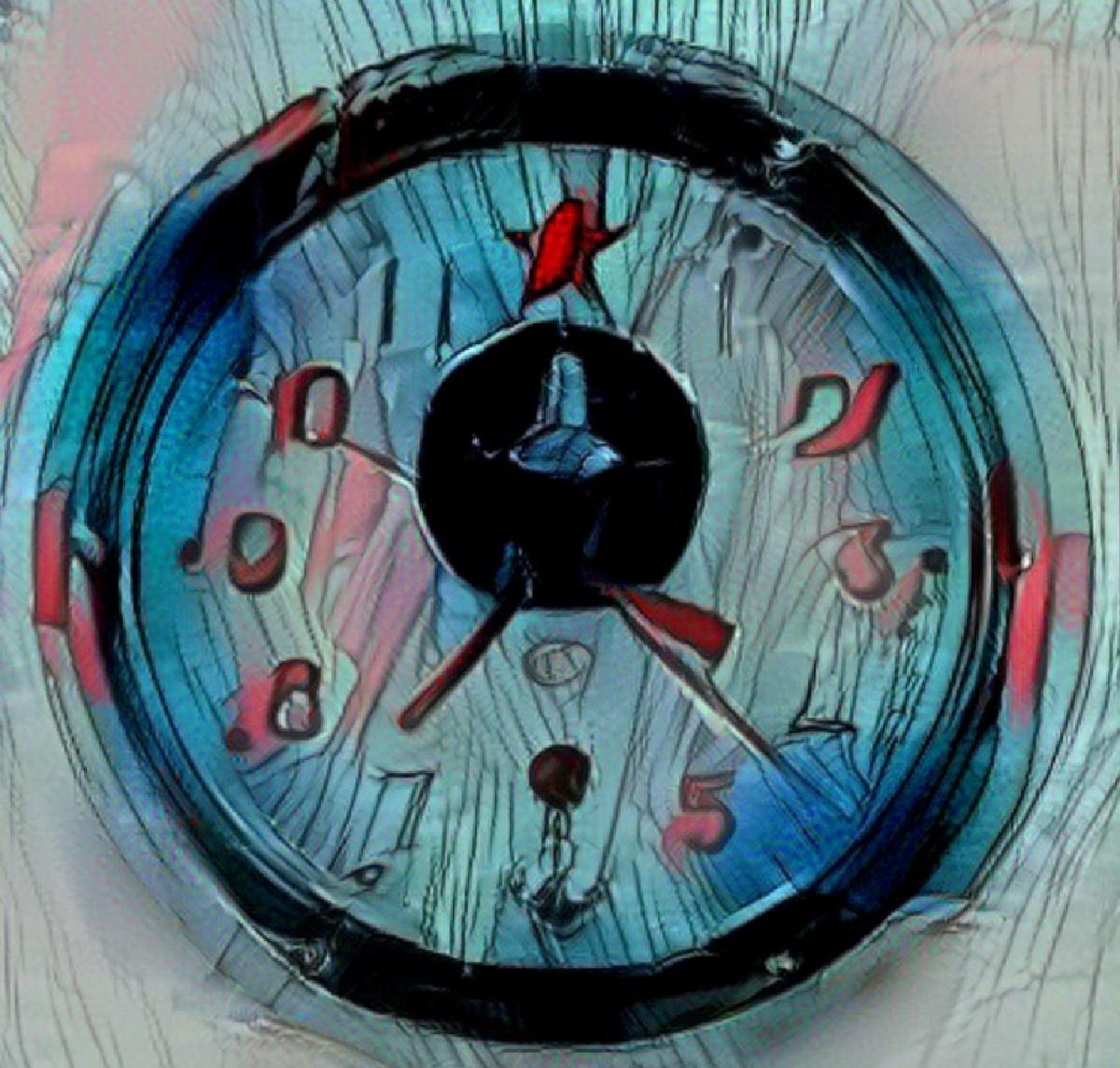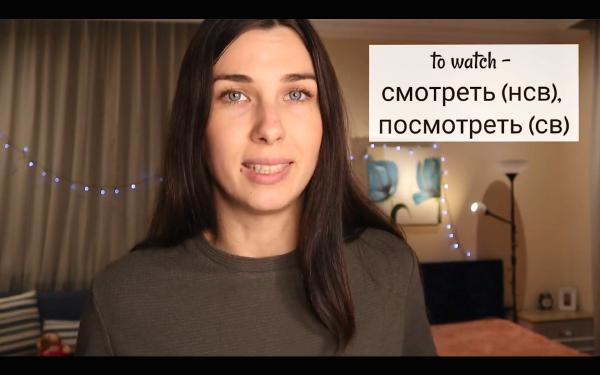Telling Time in Russian
When Russians tell time, they look ahead. In the first half-hour, they are already on their way to the next, and in the second, they tell you how far it is to the next hour. To understand this and be able to do it yourself, there are a few things you need to know. Here are the most important ones.
First Half-Hour
12 minutes past 3, for a Russian, is 12 minutes from the fourth. That last part (from the fourth) requires two steps. From четыре (four), you make четвёртый (fourth). To say ‘from the’, you apply the second case (genitive) to четвёртый, resulting in четвёртого – from the fourth. 12 minutes past 3: двенадцать минут четвёртого.
See Time in the First Half Hour (Russian grammar, 2016, 3 m).
Second Half-Hour
Instead of saying 10 minutes past half 12, Russians say: 20 to 12. More literally: without twenty twelve. Without = без, and after that word, the second case follows. This turns двадцать (20) into двадцати. Ten past half twelve: без двадцати двенадцать.
Examples appear in, and are also seen (below) in Telling Time on and off the Hour (Amazing Russian, 2017). Preceding it is Telling Time On the Hour (2016, 7 m).
See Time in the Second Half Hour (Russian grammar, 2016, 3 m).
Genitive and Time Words
You also use that second case for the plural of words like минута (minute) and час (hour). This results in минуты or минут, and часа or часов, depending on the number. For 2, 3, or 4 (minutes, hours), Russian uses a different form than for 5 and above. A whole topic on its own and not for here.
The word for half is половина, quarter is четверть, and half-hour is полчаса. A clock or watch is часы, which actually just means hours, just like часа and часов, but when asking for the time, you often use час.
Который сейчас час?
Time for more videos.
Telling the Time in Russian
(Daria Mikhay, 2018, 8 m)
Telling the Time in Russian
(Russian With Max, 2018, 15 m)
How To Tell Time In Russian
(RussianPlus 2009, 9 m)
More
- Telling Time in Russian (Alfia, 2019, 16 m)
- Как определить время по стрелкам часов (Умные Пластилинки, 2018, 3 m)
- Expressing Time in Russian (Ru-Land Club, 2017, 7 m)
- Сколько времени? Который час? (Elen Sheff / русский с носителем, 2017, 8 m)
- How To Tell Time in Russian (Elena Jung, 2016, 4 m)
- What Time is it Now in Russia? (RussianPod101, 2016, 2 m)
- Telling the Time in Russian (24-hour) and Telling the Time in Russian (Analogue) (Russian Lessons, 2015, 1 m)
- Telling the Time in Russian (on the hour) (Russian grammar, 2013, 3 m)
Introduction and vocabulary about time in Russian in How to tell the time in Russian? (LearnRussian.org, 2018, 6 m).
Also see What is time in the Russian mind? (Help my Russian, 2019, 5 m).
More








